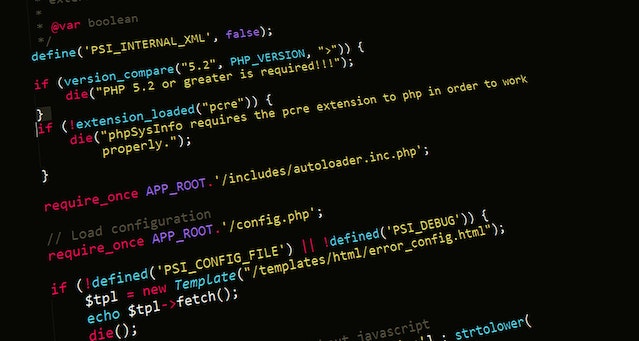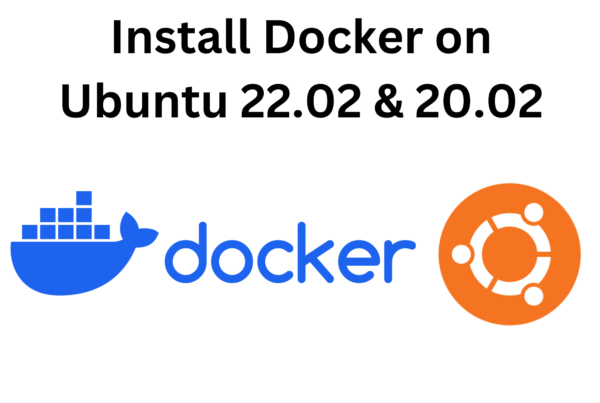In the vast landscape of programming languages, PHP stands out as a versatile and powerful tool for web development. From its inception in 1994 to its current version, PHP (Hypertext Preprocessor) has evolved into a go-to language for building dynamic and interactive websites. In this article, we’ll explore the distinct advantages of PHP, provide easy-to-understand examples, and draw comparisons with other popular programming languages.

1. Ease of Learning and Use
One of PHP’s key advantages is its simplicity, making it an excellent choice for beginners. The syntax is intuitive and closely resembles languages like C and Java, making the learning curve smoother for those familiar with these languages. Let’s take a look at a basic “Hello, World!” example in PHP:
<?php
echo "Hello, World!";
?>This simplicity accelerates development and reduces the likelihood of errors, contributing to a more efficient coding experience.
2. Platform Independence
PHP is a server-side scripting language, which means it runs on the webserver, not on the client’s browser. This ensures platform independence, allowing PHP applications to run seamlessly on various operating systems like Windows, Linux, and macOS.
In comparison, languages like ASP.NET tie developers to the Windows platform, limiting flexibility in deployment.
3. Integration Capabilities
PHP can be easily integrated with other technologies and databases, such as MySQL, PostgreSQL, and MongoDB. This integration flexibility empowers developers to choose the best tools for specific tasks, resulting in more robust and scalable applications.
Consider the following example of connecting to a MySQL database in PHP:
<?php
$servername = "localhost";
$username = "username";
$password = "password";
$dbname = "database";
$conn = new mysqli($servername, $username, $password, $dbname);
if ($conn->connect_error) {
die("Connection failed: " . $conn->connect_error);
}
echo "Connected successfully";
?>4. Extensive Community Support and Documentation
PHP boasts a large and active community of developers who contribute to its growth and provide support through forums, tutorials, and open-source projects. The extensive documentation available makes it easy for developers to find solutions to problems and explore new features.
Comparatively, some newer languages may lack the depth of community support that PHP enjoys.
5. Cost-Effective Development
PHP is an open-source language, meaning it is free to use and distribute. This affordability is particularly advantageous for small businesses and startups with budget constraints. Additionally, the vast number of pre-built libraries and frameworks further accelerates development, reducing overall project costs.
Now, let’s briefly compare PHP with a popular alternative—Python.
PHP vs. Python: A Quick Comparison
While PHP excels in web development, Python is renowned for its versatility in various domains, including data science and artificial intelligence. PHP’s focus on web development and its seamless integration with databases make it a preferred choice for building dynamic websites. On the other hand, Python’s readability and extensive libraries make it a go-to language for data-driven applications and machine learning.
In conclusion, PHP’s simplicity, platform independence, integration capabilities, community support, and cost-effectiveness position it as a formidable choice for web development projects. Understanding its advantages and where it stands in comparison to other languages empowers developers to make informed decisions when selecting the right tool for the job.








